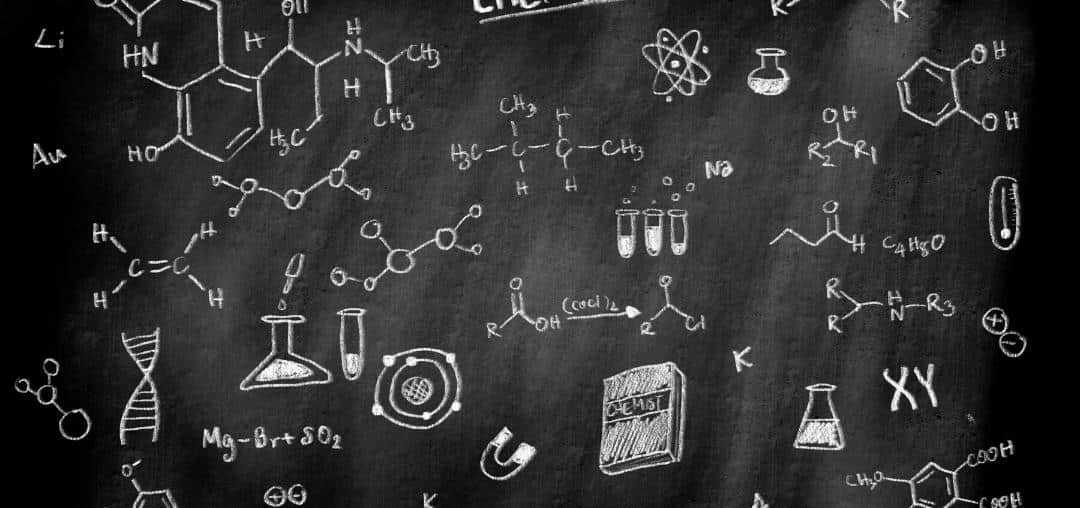Every good team needs good chemistry.
There are certain intangible elements every good team needs. These are often summed up as Chemistry.
Chemistry is a measurement of how well you work together. There are elements that make up this idea of Chemistry for each team that each person must be aware of and respect.
Good Chemistry requires honesty
When I say honesty here, I don’t mean telling someone yes, in fact you do look fat in those jeans. What I mean mostly is honesty with yourself in the realm of strengths and weaknesses. Knowing what you are good at and being secure enough to know what you’re not good at allows the team to work at its highest capabilities. Take whatever test you like together (I love the Enneagram) and talk through it. Just don’t use it to categorize each other and hurt one another with the information. I’ve had that happen too.
Most often, I have seen good teams deteriorate because one person (often the leader) could not admit deficiency in some critical area. Having each other’s back requires knowing where your back actually is and letting someone else cover it, not stick knives in it.
But as the saying goes, many of us contributing to the downfall of a team often do so because we “couldn’t find our own butt with both hands.”
Good Chemistry requires Empathy
Empathy is the ability to put yourself in someone else’s shoes without having to experience it yourself and change your behavior accordingly. Also, it’s basically the sentiment Jesus was expressing when he said to “treat others as you want to be treated.” It’s sad how difficult many of us find empathy to be towards those who aren’t like us.
Empathy knows that just because someone does not think the way I do that they are no less valuable to the team. I often describe a major difference as people who are Dreamers and people who are Doers. They think differently and often frustrate one another, yet both are necessary to make a good team. If you want to hear more about those, listen to this podcast I did with my friend Evan McBroom from Fishhook.
Good Chemistry requires you to be emotionally healthy
The story we tell ourselves in our head can be true or it can be false. Both are fine unless you cannot tell the difference. I love the story of Star Wars playing on repeat in my head, but I also know it’s not a true story.
When coworkers frustrate us, it is very easy to create motives and reasons that they have hurt you without talking to them and finding out the truth. However, we don’t really know the truth and if we don’t talk to them, we may believe those false stories to be fact and conduct ourselves accordingly. That only causes pain.
To be emotionally healthy, it often requires us to give our teammates the benefit of the doubt. They probably aren’t out to get you. They probably want the same things you do. They probably do want people to know what’s going on. They aren’t trying to slow things down because they think you’re not valuable as a communications director. They probably didn’t wait to the last minute to turn in the request because they don’t think what you do is important. And on and on and on.
They are on your team. So go find out for sure before you blow up a good thing.
Good Chemistry requires Trust
Trust is what you get when you have an emotionally healthy team that practices honesty and empathy for one another. When you trust your team, you know that you can be vulnerable with them and they won’t hurt you with it. That’s a very special place to be and I believe what the outside world is looking for in an example of why they should care about the Gospel.
We continue to preach this loving, kind, patient, gracious, family of God we want them to be part of, then show them a very different picture.
If you want your team to be a team that functions at the highest levels, you must intentionally and unflinchingly fight for good chemistry.
 Seth has been in ministry for over 20 years, recently serving as Communications Director at a thriving church in North Dallas. He is also the host of The Seminary of Hard Knocks podcast, blogs at sethmuse.com, and has his Masters of Arts in Media and Communications from Dallas Theological Seminary. Seth specializes in helping church communicators use social media and content marketing to find common ground with their audience to empower them for spiritual growth.
Seth has been in ministry for over 20 years, recently serving as Communications Director at a thriving church in North Dallas. He is also the host of The Seminary of Hard Knocks podcast, blogs at sethmuse.com, and has his Masters of Arts in Media and Communications from Dallas Theological Seminary. Seth specializes in helping church communicators use social media and content marketing to find common ground with their audience to empower them for spiritual growth.

